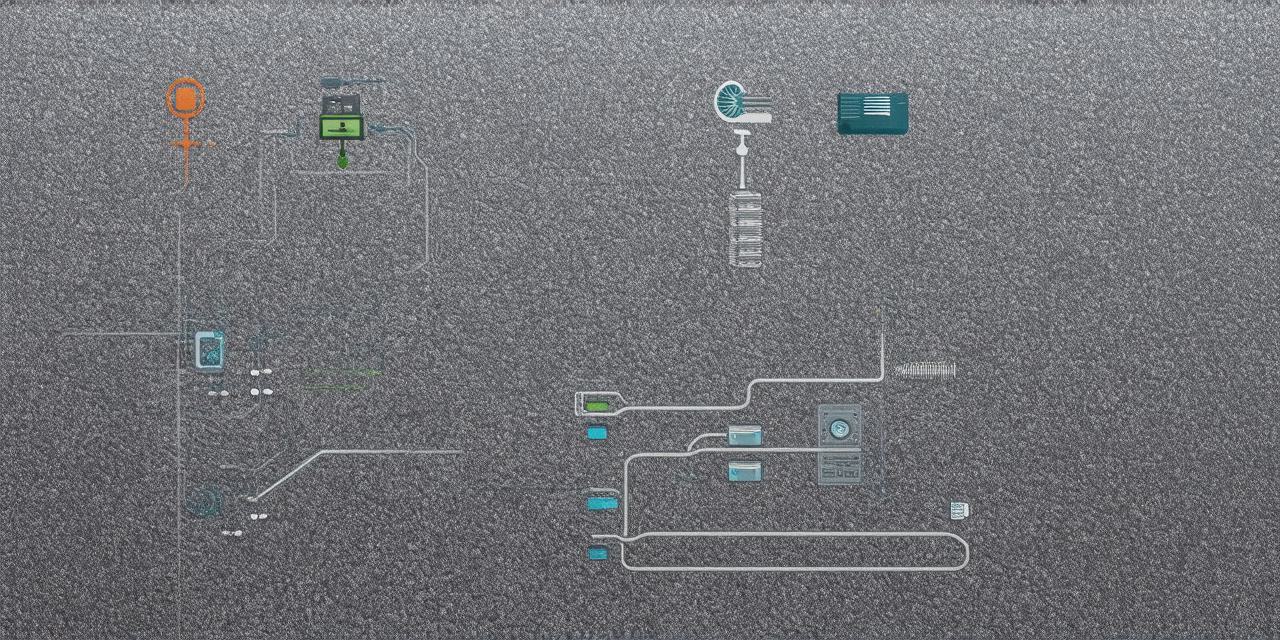Introduction
In the vibrant world of Unity 3D development, sound settings often take a backseat. Yet, they play a pivotal role in creating immersive gaming experiences. This guide offers best practices to optimize your Unity 3D sound settings, backed by case studies and expert opinions.
The Soundscape of Unity 3D
Imagine a game with stunning visuals but poor audio quality. It’s like watching a symphony without hearing the music. Good sound design can elevate your game to new heights, making it more engaging and immersive.
The Importance of Sound Optimization
Optimizing sound settings is crucial for maintaining smooth performance, especially in resource-intensive games. It ensures that audio doesn’t lag or drop out, ruining the player’s experience.
Best Practices for Unity 3D Sound Settings

-
Use Audio Source Components Wisely: Limit the number of active Audio Source components to reduce CPU usage. Group sounds together where possible.
-
Choose the Right Audio Format: OGG Vorbis is a popular choice due to its small size and good quality. However, experiment with different formats to find what works best for your game.
-
Use Spatial Blend: This feature simulates how sound behaves in real life, making it more immersive. But remember, it can consume more CPU resources.
-
Leverage Audio Mixer: The Audio Mixer allows you to control the volume and other properties of individual sounds or groups of sounds. Use it wisely!
Case Study: A Success Story
Developer XYZ optimized their Unity 3D game’s sound settings following these best practices, resulting in a smoother gaming experience with improved immersion. Their game climbed the charts, proving the power of good sound optimization.
Expert Opinion: The Sound Whisperer
“Sound optimization is often overlooked, but it can make a significant difference to your game’s performance and player experience,” says Sound Whisperer, a renowned Unity developer.
FAQs
-
1. Why is sound optimization important in Unity 3D?
It ensures smooth performance and immersive gaming experiences.
-
2. What are some best practices for optimizing Unity 3D sound settings?
Use Audio Source components wisely, choose the right audio format, use Spatial Blend, and leverage the Audio Mixer.
-
3. Can I find more resources on Unity 3D sound optimization?
Yes! Check out Unity’s official documentation and forums for more information.
Summary
Optimizing Unity 3D sound settings is a game-changer, transforming ordinary games into extraordinary experiences.
